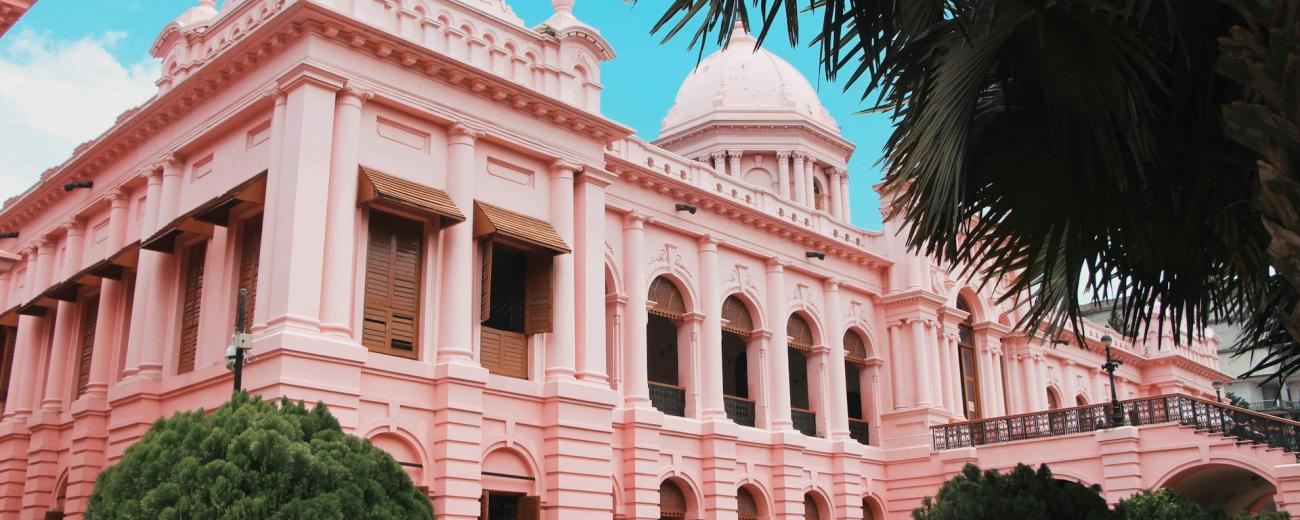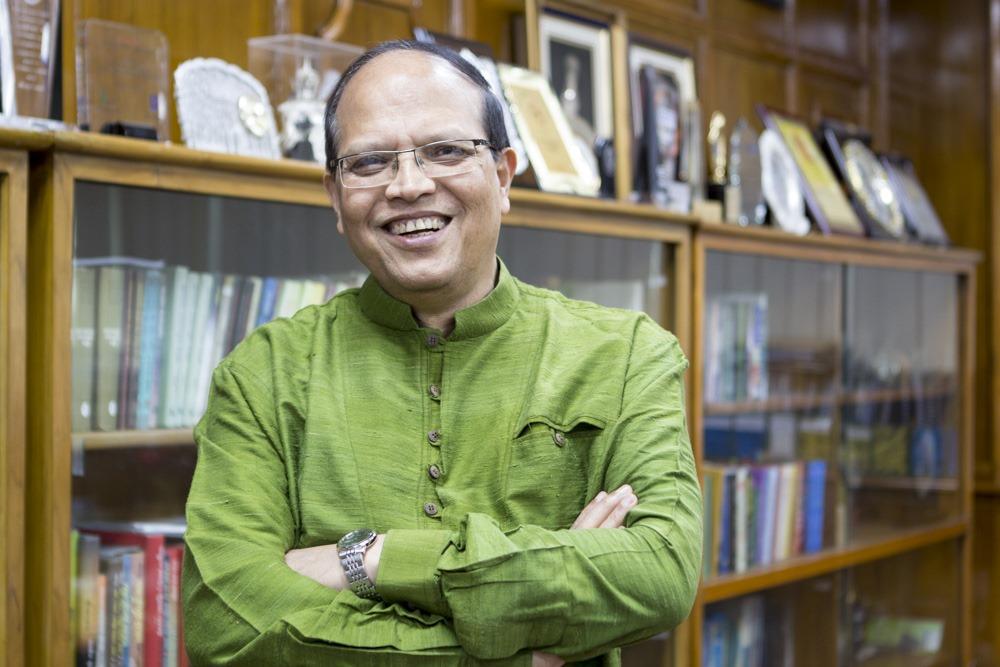
Central banking and climate change: the case of Bangladesh

Key information
- Date
- Time
-
5:00 pm to 7:00 pm
- Venue
- SOAS - University of London
- Room
- BGLT - Brunei Gallery
- Event type
- Lecture
About this event
Bangladesh Bank (the central bank of Bangladesh) has been one of the first central banks around the world that incorporated climate considerations into its operations.
In this lecture, Former Governor of Bangladesh Bank Dr. Atiur Rahman will talk about the innovative initiatives that Bangladesh Bank took under his leadership in 2009-2016 to mainstream environmental and social concerns in central banking.
During that period, the Bangladesh Bank introduced several regulatory measures to address risks emanating from climate change and reduce inequalities, being at the same time mindful of what monetary policy can and cannot do. Through its climate-aligned developmental central banking approach, the Bangladesh Bank contributed to the medium to long-term macrofinancial stability of the economy of Bangladesh.
Moreover, as a result of the implementation of this approach, Bangladesh’s financial system began to turn itself into an agent of sustainable economic development where the marginalised agricultural farmers and small and medium enterprises got priority access to finance (including green finance) with motivational guidance from the central bank. This inclusive financing strategy was facilitated by growing digital payment systems through fintech.
The lecture is part of the SOAS Department of Economics’ Central Banking Lecture Series.
Header Image Credit: Rakib Bin Aziz via Unsplash.
About the Speaker
Dr. Atiur Rahman served as the 10th Governor of Bangladesh Bank from 2009 to 2016.
The defining feature of his tenure was his flagship financial inclusion campaign and environmentally benign banking initiatives. As Governor, he made significant contributions at the 3GF conference, Rio+20, COP18, and SDG Global Compact-related international negotiations development goals. He was also a member of the UNEP Inquiry into the Design of a Sustainable Financial System.
Dr. Rahman is an Emeritus Professor at the Department of Development Studies, University of Dhaka, and Chair of the Executive Committee of the Center for Advanced Research on Arts and Social Sciences in the same university. He is also the founding Chairperson of the national think tank, Unnayan Shamannay, and the Chair of Dhaka School of Banking Management (a subsidiary of BIBM affiliated with Dhaka University). Dr. Rahman is also serving as a Special Adviser to Social Innovation Japan (SIJ), a diverse platform of change-makers at Hitotsubashi University, Tokyo.
Dr. Rahman was awarded the Commonwealth scholarship and joined SOAS University of London to pursue his M.A. and Ph.D. in Economics (1983). He was awarded a Commonwealth Development Fellowship at the University of Manitoba in Canada (1989), a Ford Foundation Post Doctoral Fellowship at the SOAS University of London (1991-92), and a Visiting Research Fellowship at the Institute of South-East Asian Studies, Singapore (1998-99). He was also a visiting/adjunct professor at several universities in Canada and in other countries.
He has published over 100 books and numerous papers in national and international journals. His book, ‘Peasants and Classes’ published by Oxford University Press, Delhi, and Zed Books, London, is considered semi-classic and taught worldwide.
He has been awarded profusely both at home and abroad for his seminal work and professional performance. His significant achievements include ‘The Best Central Bank Governor Asia and Pacific, 2015’, awarded by the Banker of the Financial Times; ‘The Central Bank Governor of the Year for Asia 2015’, awarded by the Emerging Markets of the Euro Money; ‘GUSI Peace Prize International 2014’, awarded by GUSI Foundation Manila; ‘Indira Gandhi Gold Plaque 2011’ for his outstanding contribution towards human progress; and ‘National Literary Award (Banga Academy Award)’ for 2015. He has also been awarded the Tagore Literary Award by Bangla Academy (2022) and Khan Bahadur Ahsanullah Gold Meal (2021). In September 2024, Dr Atiur Rahman will receive an honorary doctorate from SOAS.

